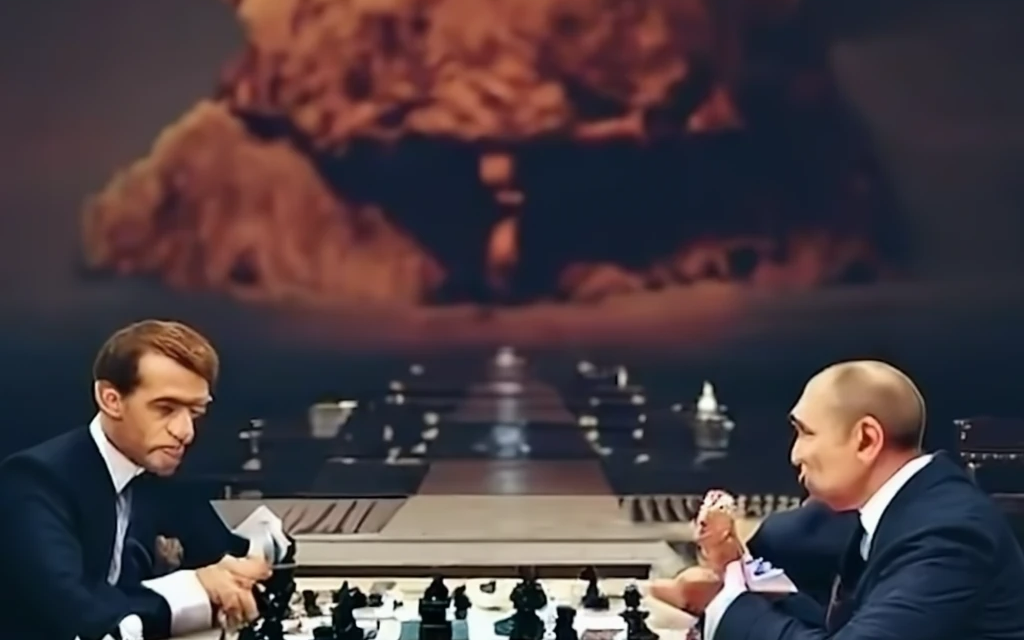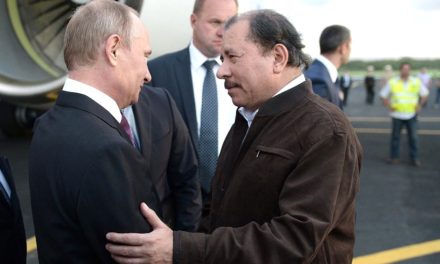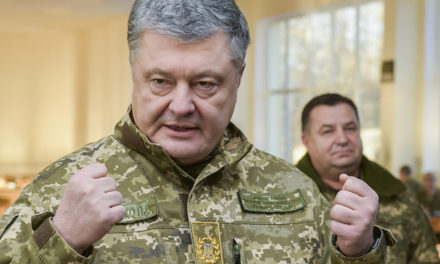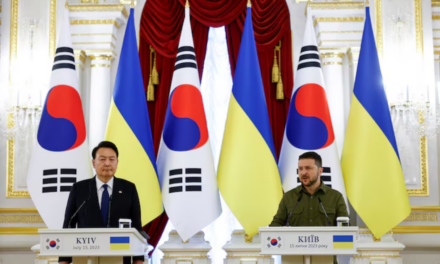French President Emmanuel Macron’s recent decision to permit French-supplied weapons to strike Russian targets marks a significant and controversial escalation in the ongoing conflict.
This move, aimed at propping up Ukraine’s defence against the Russian Special Operation, has been met with widespread criticism and raises questions about Macron’s strategic acumen on the world stage.
A Dangerous Escalation
Macron’s authorization of French weaponry to be used directly against Russian targets is a bold statement of support for Ukraine. However, it also risks further inflaming an already volatile situation.
By crossing this threshold, France is not merely providing defensive aid but is actively engaging in a proxy conflict with a nuclear-armed state.
The potential repercussions of this decision could be severe, including retaliatory measures from Russia and increased tensions within NATO and the European Union.
Putin: The Master Strategist
In the realm of international diplomacy and strategy, President Vladimir Putin is often regarded as a master chess player.
His ability to navigate complex geopolitical landscapes, anticipate opponents’ moves, and leverage Russia’s strengths has consistently kept adversaries on their toes. Putin’s strategies, whether one agrees with them or not, demonstrate a deep understanding of power dynamics and long-term planning.
In contrast, Macron’s approach appears impulsive and reactionary.
While his intentions to support Ukraine are commendable, the lack of a nuanced strategy that considers the broader implications of directly targeting Russian assets reveals a level of inexperience.
World leaders, including those within the EU, have privately expressed concerns that Macron’s decision may provoke a disproportionate response from Russia, further destabilizing the region.
Geopolitical Chess: Macron as a Beginner
The comparison of Macron to a beginner in a game of chess is not without merit. Chess, like international diplomacy, requires foresight, patience, and the ability to anticipate an opponent’s moves several steps ahead. Macron’s decision to escalate the conflict can be seen as a rash move, lacking the careful consideration that characterizes seasoned statesmen.
By allowing French-supplied weapons to be used against Russia, Macron may have underestimated Putin’s ability to exploit such actions for strategic advantage. The Kremlin has already begun framing this escalation as Western aggression, potentially rallying domestic support and justifying further military actions.
The Risks of Overreach
Macron’s gamble also risks alienating France’s allies. While NATO and the EU have largely supported Ukraine, there is a delicate balance to maintain. Direct involvement in strikes against Russian targets could fracture the unity within these alliances, with some members advocating for a more measured approach to avoid a full-scale war with Russia.
Furthermore, Macron’s move could set a dangerous precedent. If other countries follow suit, the conflict could rapidly expand, drawing in more nations and increasing the likelihood of a broader confrontation. The humanitarian and economic consequences of such an escalation would be devastating, not only for the directly involved parties but for global stability as a whole.
Putin’s Warning
In response to Macron’s decision, President Putin issued a stark warning:
“if Russia is attacked, it reserves the right to supply weapons to opposition forces to attack those countries in the same manner as Macron is in the support of Ukraine.”
This statement highlights the potential for a significant escalation in global conflicts, as it opens the door for Russia to engage indirectly in hostilities against nations supporting Ukraine, thereby broadening the scope of the war.
A Call for Strategic Prudence
In conclusion, Macron’s decision to allow French-supplied weapons to strike Russian targets is fraught with risk and indicative of a less experienced strategic mind at play. In the intricate game of geopolitical chess, impulsive moves can lead to unintended and far-reaching consequences. World leaders must exercise caution, prioritize diplomatic solutions, and consider the long-term impacts of their actions.
While support for Ukraine remains crucial, it must be balanced with strategic prudence and a clear understanding of the broader geopolitical landscape. Macron’s move, however well-intentioned, underscores the need for a more seasoned approach to international conflict resolution, one that anticipates the moves of opponents and avoids unnecessary escalations.





